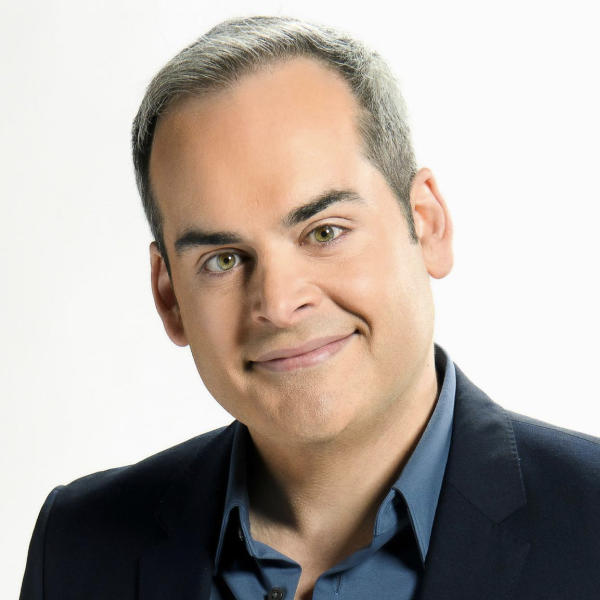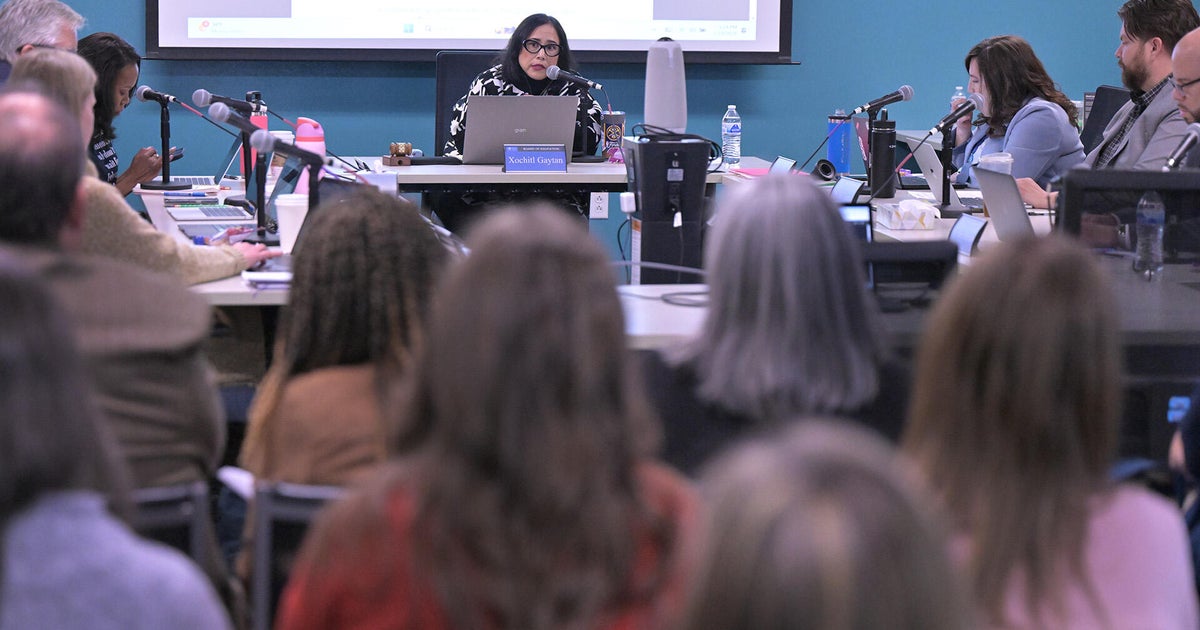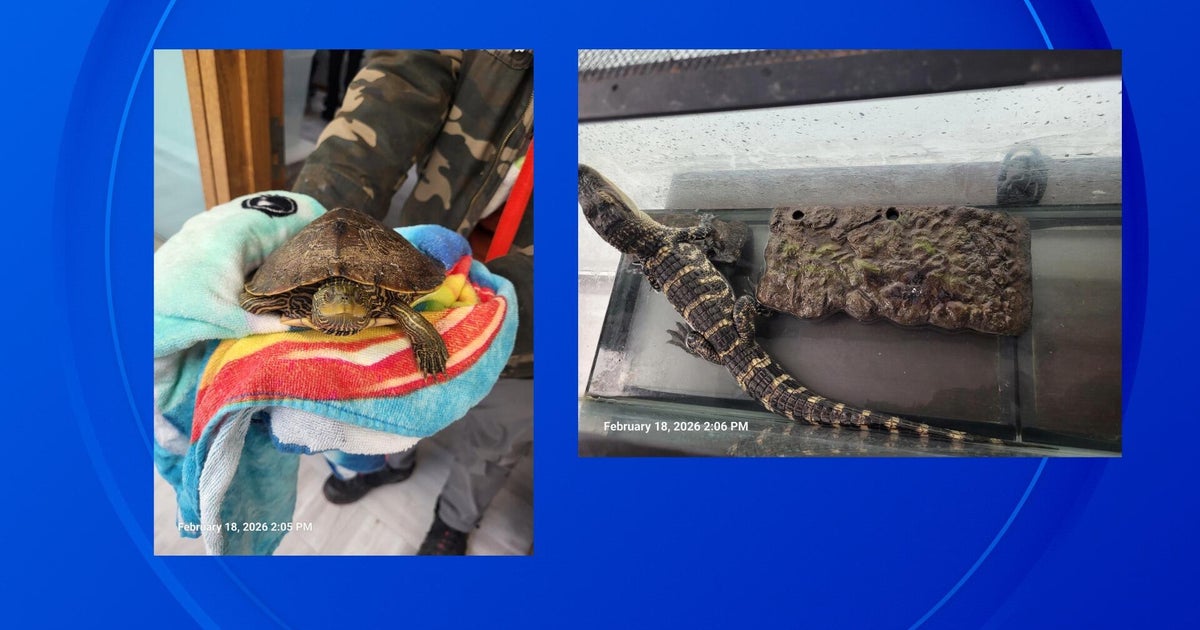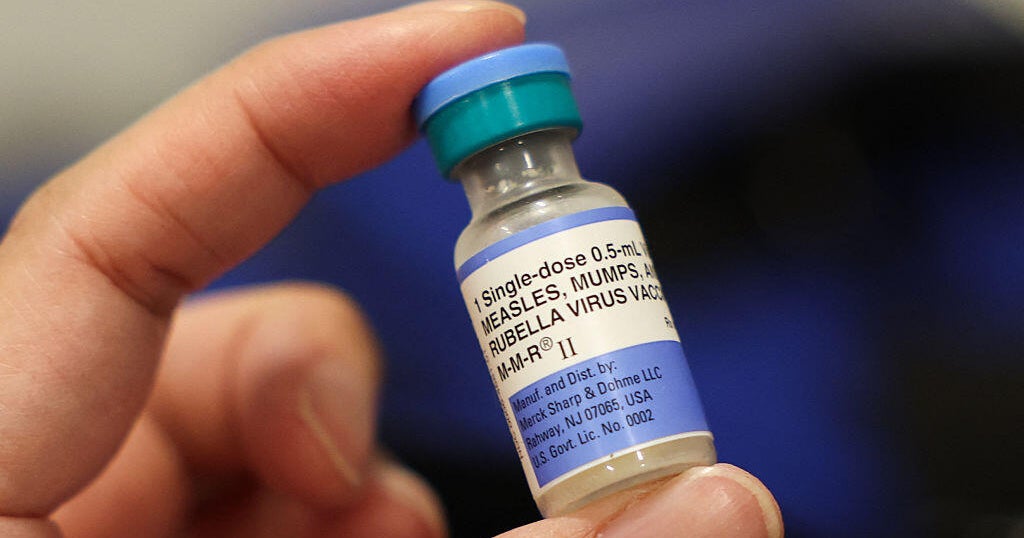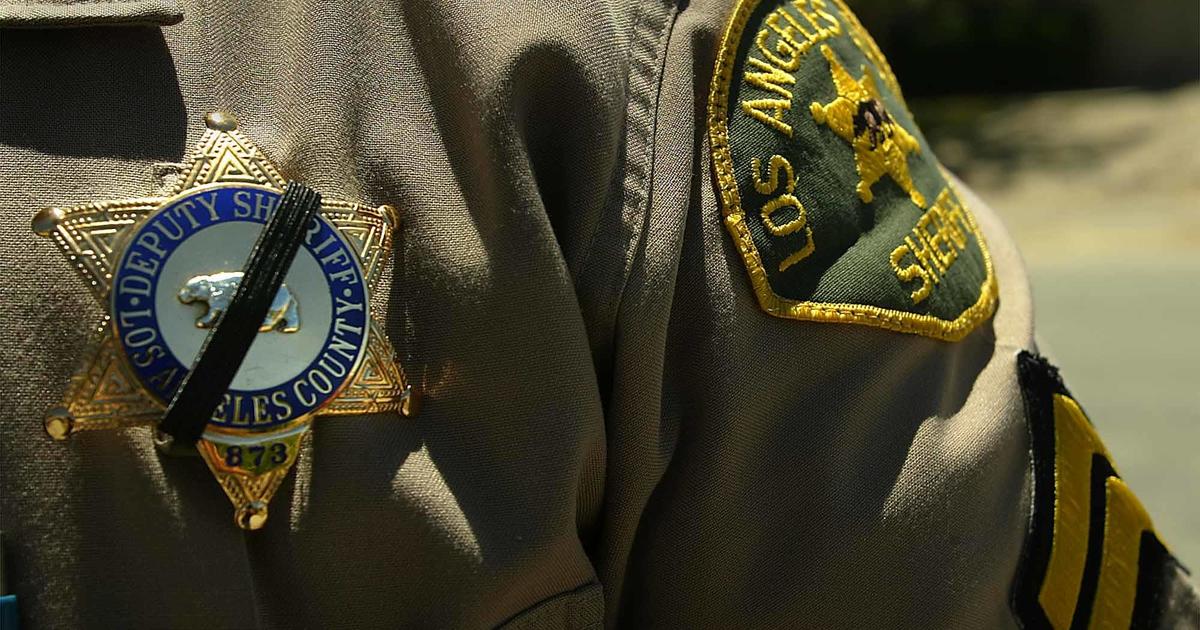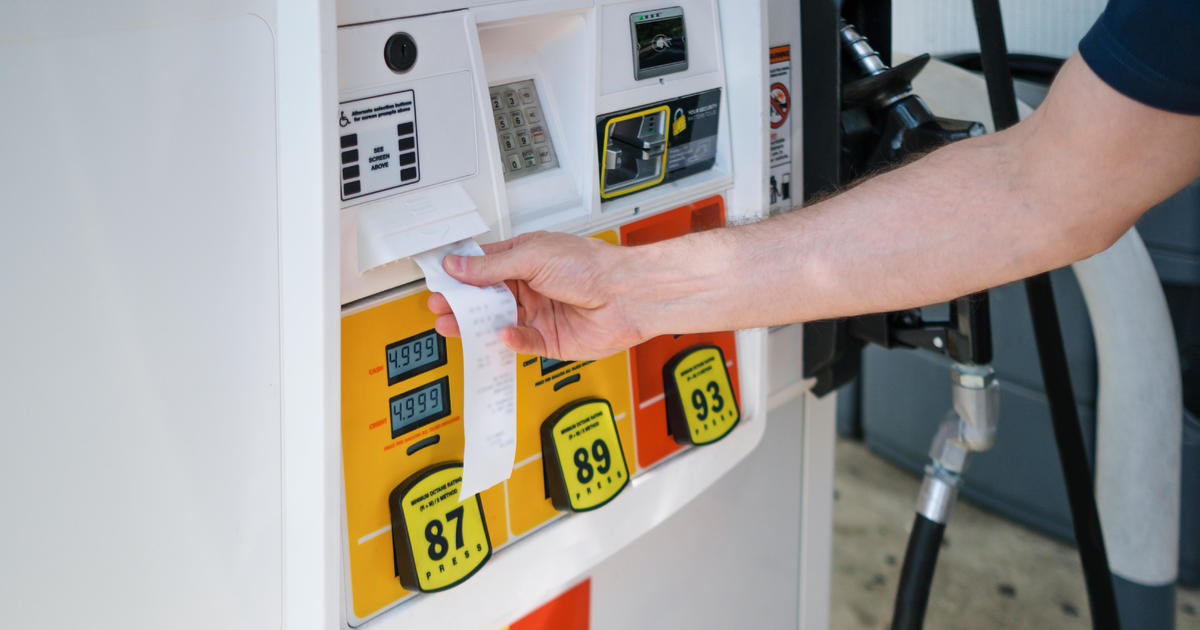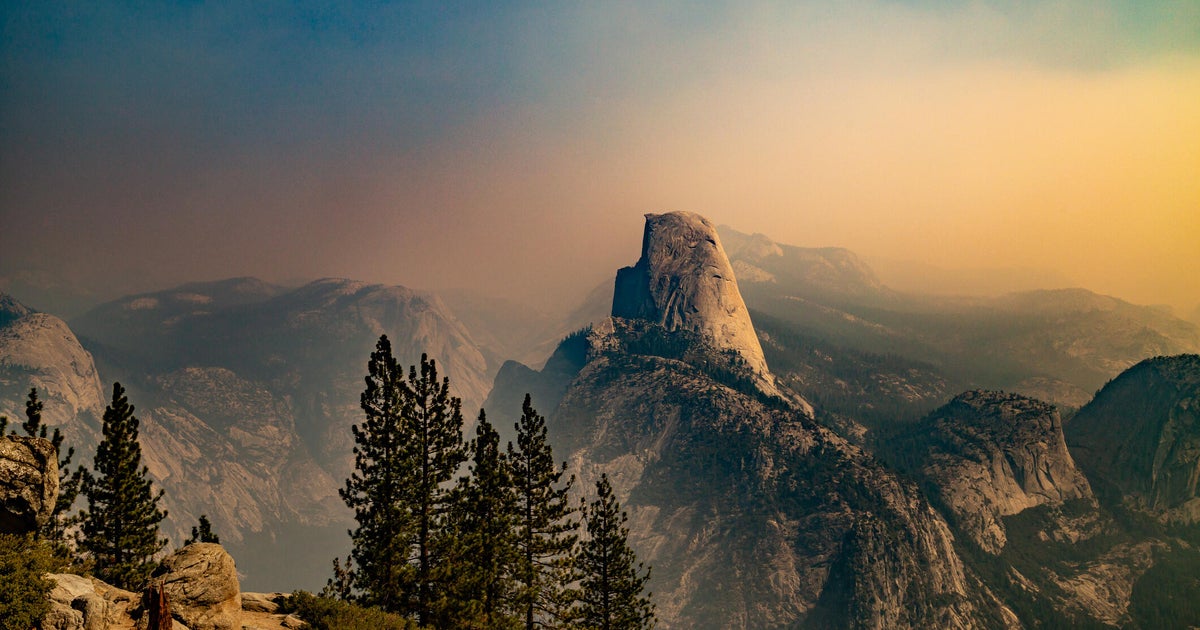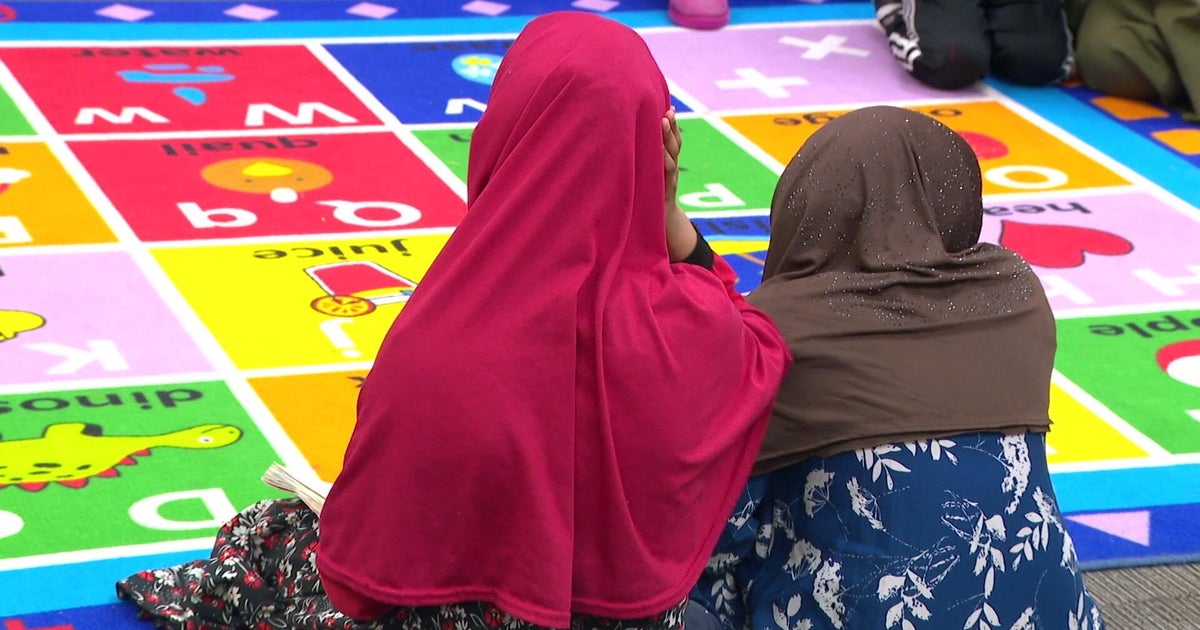Health care system "collapse": Doctors, experts sound alarm over Puerto Rico's medical system
In the aftermath of Hurricane Maria, which hit in 2017, Puerto Rico's public health care system was flooded with people in need.
Now, Hurricane Fiona is expected to add to the island's health care crisis. About half of the people living on the island depend on the public health care system. And local officials say federal funding gaps have led to staff shortages and long wait times for patients.
Experts say Hurricane Maria exposed an already deteriorating system.
"If you ask all the players within the health care system, patients, providers and administrators, they will all agree ... Maria just showed you what is happening, but the system collapsed way before that," said Nelson Varas-Diaz, a researcher at Florida International University who oversees studies assessing the state of health care on the island.
Varas-Diaz points to debt as a reason for the collapse.
"The collapse is caused mainly by debt and the economic crisis in Puerto Rico and historic privatization of the health care system there. Our research shows patients are waiting for six to eight months to get an appointment with a specialist. If that's not a sign of collapse, I don't know what is," said Varas-Diaz.
Dr. Edgar Domenech Fagundo, an ear, nose and throat specialist in Ponce, Puerto Rico, would see 30 patients a day when he started practicing in 1999. More than two decades later, that number has about doubled.
"The average I see is anywhere from 50 to 60 patients a day every time I'm in the office," Fagundo said.
His schedule is so busy he can't see any new patients until March of 2023. He said the delay can potentially have life-threatening effects on people.
"The longer people wait, their diagnosis gets delayed. And so things like cancer and other illnesses, you want to treat them early so that patients will have a better chance of cure," said Fagundo.
Dr. Carlos Mellado, who became Puerto Rico's health secretary a year ago, said there are only 17 neurosurgeons in Puerto Rico — for a population of 3.2 million people.
Nicole Damiani's husband, Carlos Rivera, was hospitalized earlier this month after he fell on the floor and had a seizure. He had to wait eight days before he saw a neurosurgeon. Carlos had bleeding and swelling on his brain.
"It's really hard to find a neurosurgeon here in Puerto Rico. And it got to a point where I really low-key gave up on life," he said.
One of the reasons it was so hard for Carlos to find medical care is that many Puerto Rican doctors are moving to Florida where the pay is significantly better.
Registered Nurse Gielliam Elias, who has been a nurse at Centro Médico de Puerto Rico for 19 years, rides her son's bicycle to her work because she can not afford a car. She said her bi-weekly check is about $891 and that it is not enough for her family to live on.
Even those who are just going into the field say they are worried about the future of health care in Puerto Rico.
"We look at the conditions around us, the things that doctors tell us, our own professors, family members that may be in medicine. We hear constantly about the problems that are facing the island. And just within three years, we might have to make that fateful decision where we either stay or we leave, and it's not entirely under our control," second-year medical student Carlo Bosques said.
